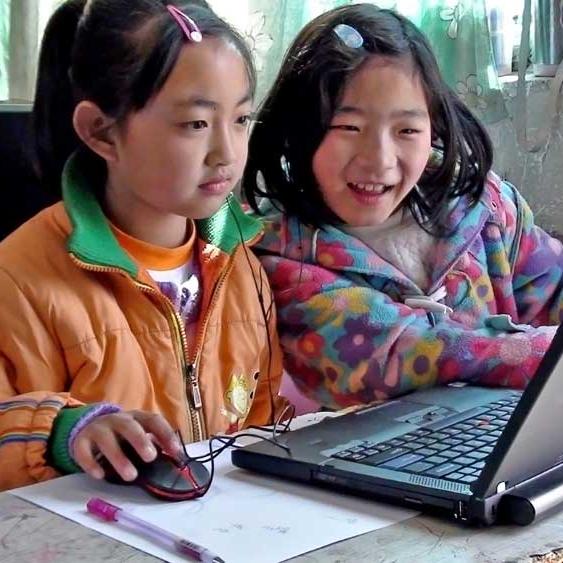Elizabeth M King

Designation
Senior Fellow, Brookings Institution
Body
Elizabeth M King is a senior fellow (non-resident) at the Brookings Institution.
She was the World Bank’s director of education for six years until June 2014 where she was the technical head and senior spokesperson for global policy issues related to education. She also led the development of the Bank’s current education strategy and served as its senior representative in global partnerships on education. She was acting vice-president for the human development network before retiring in September. At the Bank, she was also the research manager for human development issues, lead economist for the human development department for East Asian countries, co-author of three World Development Reports and member of the Research Committee.
Elizabeth is currently a co-editor of the Comparative Education Review, a frequent reviewer for economics journals, and member of the advisory boards of CAMFED, Teach for All and the World Bank’s Africa Gender Innovation Lab. Before joining the World Bank, she taught economics at University of the Philippines, UCLA and Tulane University and lectured at the Graduate Program in International Policy Studies in Tokyo and the Université d'Auvergne.
She has published articles in professional journals, books and book chapters and blogs on topics such as investments in human capital, gender issues and decentralisation reforms. She has worked in countries as diverse as Bangladesh, Colombia, Ghana, Indonesia, Laos, Nicaragua, Pakistan and the Philippines, among others. She completed her BA and MA from the University of the Philippines, and holds a Ph.D. in Economics from Yale University.
She was the World Bank’s director of education for six years until June 2014 where she was the technical head and senior spokesperson for global policy issues related to education. She also led the development of the Bank’s current education strategy and served as its senior representative in global partnerships on education. She was acting vice-president for the human development network before retiring in September. At the Bank, she was also the research manager for human development issues, lead economist for the human development department for East Asian countries, co-author of three World Development Reports and member of the Research Committee.
Elizabeth is currently a co-editor of the Comparative Education Review, a frequent reviewer for economics journals, and member of the advisory boards of CAMFED, Teach for All and the World Bank’s Africa Gender Innovation Lab. Before joining the World Bank, she taught economics at University of the Philippines, UCLA and Tulane University and lectured at the Graduate Program in International Policy Studies in Tokyo and the Université d'Auvergne.
She has published articles in professional journals, books and book chapters and blogs on topics such as investments in human capital, gender issues and decentralisation reforms. She has worked in countries as diverse as Bangladesh, Colombia, Ghana, Indonesia, Laos, Nicaragua, Pakistan and the Philippines, among others. She completed her BA and MA from the University of the Philippines, and holds a Ph.D. in Economics from Yale University.

